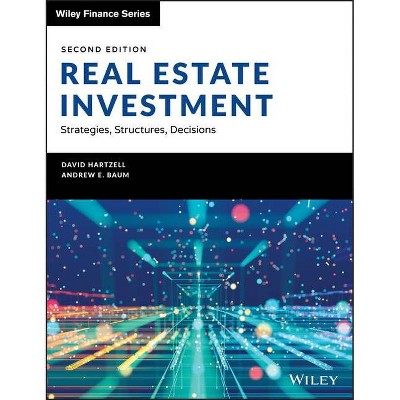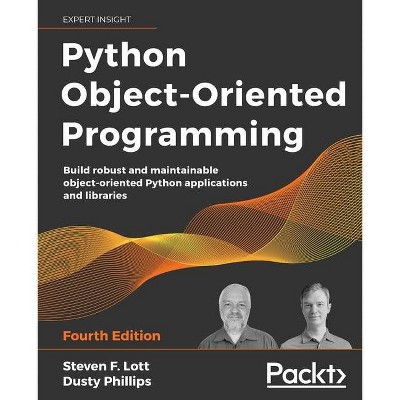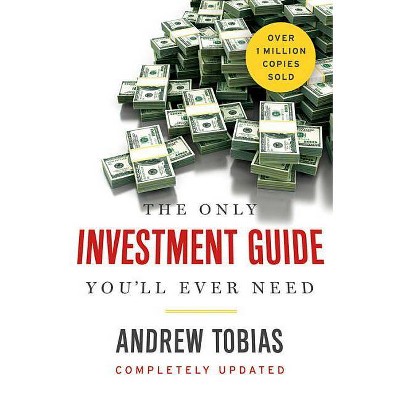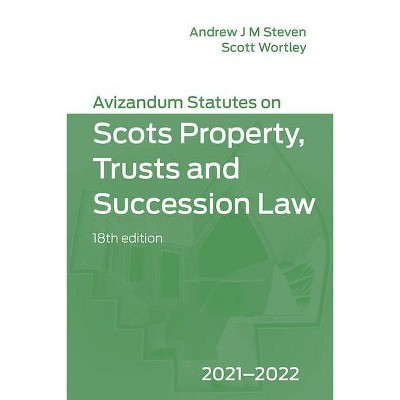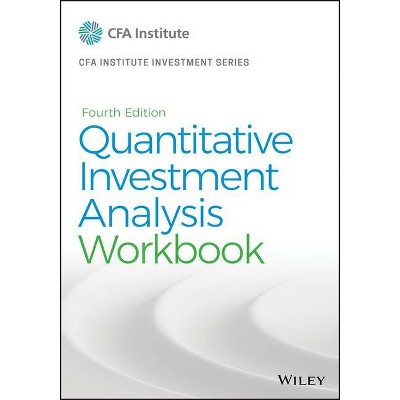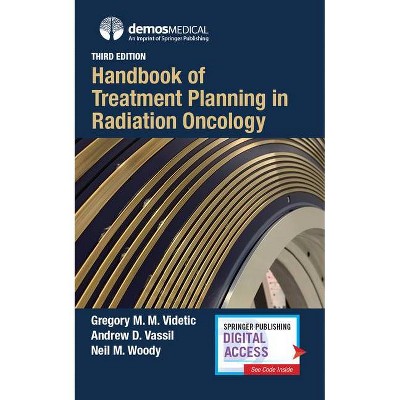Property Investment Appraisal, Fourth Edition - 4th Edition by Andrew E Baum & Neil Crosby & Steven Devaney (Paperback)
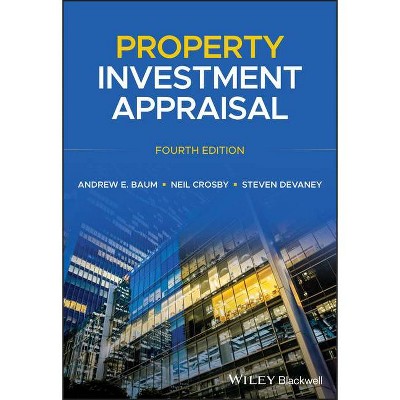
Similar Products
Products of same category from the store
AllProduct info
<p/><br></br><p><b> About the Book </b></p></br></br>"The first of these meanings implies what is known, in the UK, as the valuation process or, in the US, as the appraisal process. This process seeks to estimate what is termed 'Market Value', which is a prediction of the most likely selling price for an asset. There is now widespread acceptance of the international definition of Market Value set out in the valuation standards of the International Valuation Standards Council (IVSC), which is commonly known as 'the White Book'. This definition is 'the estimated amount for which an asset or liability should exchange on the valuation date between a willing buyer and a willing seller in an arm's length transaction after proper marketing and where the parties had each acted knowledgeably, prudently and without compulsion.' (IVSC, 2017)"--<p/><br></br><p><b> Book Synopsis </b></p></br></br><p><b>Discover an insightful examination of the property investment appraisal process from leaders in the industry </b><b> </b></p> <p>This book explains the process of property investment appraisal: the process of estimating both the most likely selling price (market value) and the worth of property investments to individuals or groups of investors (investment value). </p> <p>Valuations are important. They are used as a surrogate for transactions in the measurement of investment performance and they influence investors and other market operators when transacting property. Valuations need to be trusted by their clients and valuers need to produce rational and objective solutions. Appraisals of worth are even more important, as they help to determine the prices that should be paid for assets, even in times of crisis, and they can indicate market under- or over-pricing. </p> <p>In a style that makes the theory as well as the practice of valuation accessible to students and practitioners, the authors provide a valuable critique of conventional valuation methods and argue for the adoption of more contemporary cash-flow methods. They explain how such valuation models are constructed and give useful examples throughout. They also show how these contemporary cash-flow methods connect market valuations with rational appraisals. </p> <p>The UK property investment market has been through periods of both boom and bust since the first edition of this text was produced in 1988. As a result, the book includes examples generated by vastly different market states. Complex reversions, over-rented properties and leaseholds are all fully examined by the authors. </p> <p>This Fourth Edition includes new material throughout, including brand new chapters on development appraisals and bank lending valuations, heavily revised sections on discounted cash flow models with extended examples, and on the measurement and analysis of risk at an individual property asset level. The heart of the book remains the critical examination of market valuation models, which no other book addresses in such detail. </p><p/><br></br><p><b> From the Back Cover </b></p></br></br><p><b>An insightful examination of the property investment appraisal process from leaders in the industry</b> <p>This book explains the process of property investment appraisal: the process of estimating both the most likely selling price (market value) and the worth of property investments to individuals or groups of investors (investment value). <p>Valuations are important. They are used as a surrogate for transactions in the measurement of investment performance and they influence investors and other market operators when transacting property. Valuations need to be trusted by their clients and valuers need to produce rational and objective solutions. Appraisals of worth are even more important, as they help to determine the prices that should be paid for assets, even in times of crisis, and they can indicate market under- or over-pricing. <p>In a style that makes the theory as well as the practice of valuation accessible to students and practitioners, the authors provide a valuable critique of conventional valuation methods and argue for the adoption of more contemporary cash-flow methods. They explain how such valuation models are constructed and give useful examples throughout. They also show how these contemporary cash-flow methods connect market valuations with rational appraisals. <p>The UK property investment market has been through periods of both boom and bust since the first edition of this text was produced in 1988. As a result, the book includes examples generated by vastly different market states. Complex reversions, over-rented properties and leaseholds are all fully examined by the authors. <p>This Fourth Edition includes new material throughout, including brand new chapters on development appraisals and bank lending valuations, heavily revised sections on discounted cash flow models with extended examples, and on the measurement and analysis of risk at an individual property asset level. The heart of the book remains the critical examination of market valuation models, which no other book addresses in such detail.<p/><br></br><p><b> About the Author </b></p></br></br><p><b>ANDREW E. BAUM</b> is Professor of Practice at the Saïd Business School, University of Oxford, where he leads the Future of Real Estate Initiative. He is also Senior Research Fellow at Green Templeton College and Emeritus Professor at the University of Reading. He is Chairman of Newcore Capital Management and advisor to several property organisations. He has held senior positions with Nuveen, CBRE Global Investors, Grosvenor and other investors and fund managers. <p><b>NEIL CROSBY</b> is Professor of Real Estate in the Department of Real Estate and Planning at the University of Reading. He is a Fellow of the Academy of Social Sciences, has been awarded life membership of the Investment Property Forum and a fellowship of the Society of Property Researchers, and is a member of the RICS Valuation Standards Board. He originally qualified and practised as a Chartered Valuation Surveyor in the UK before holding academic positions at Nottingham Trent and Oxford Brookes Universities. <p><b>STEVEN DEVANEY</b> is an Associate Professor at the Henley Business School, University of Reading, where he teaches both investment appraisal and market valuation methods. He was previously a Lecturer in Real Estate at the University of Aberdeen and worked as an analyst at Investment Property Databank.
Price History
Price Archive shows prices from various stores, lets you see history and find the cheapest. There is no actual sale on the website. For all support, inquiry and suggestion messagescommunication@pricearchive.us
